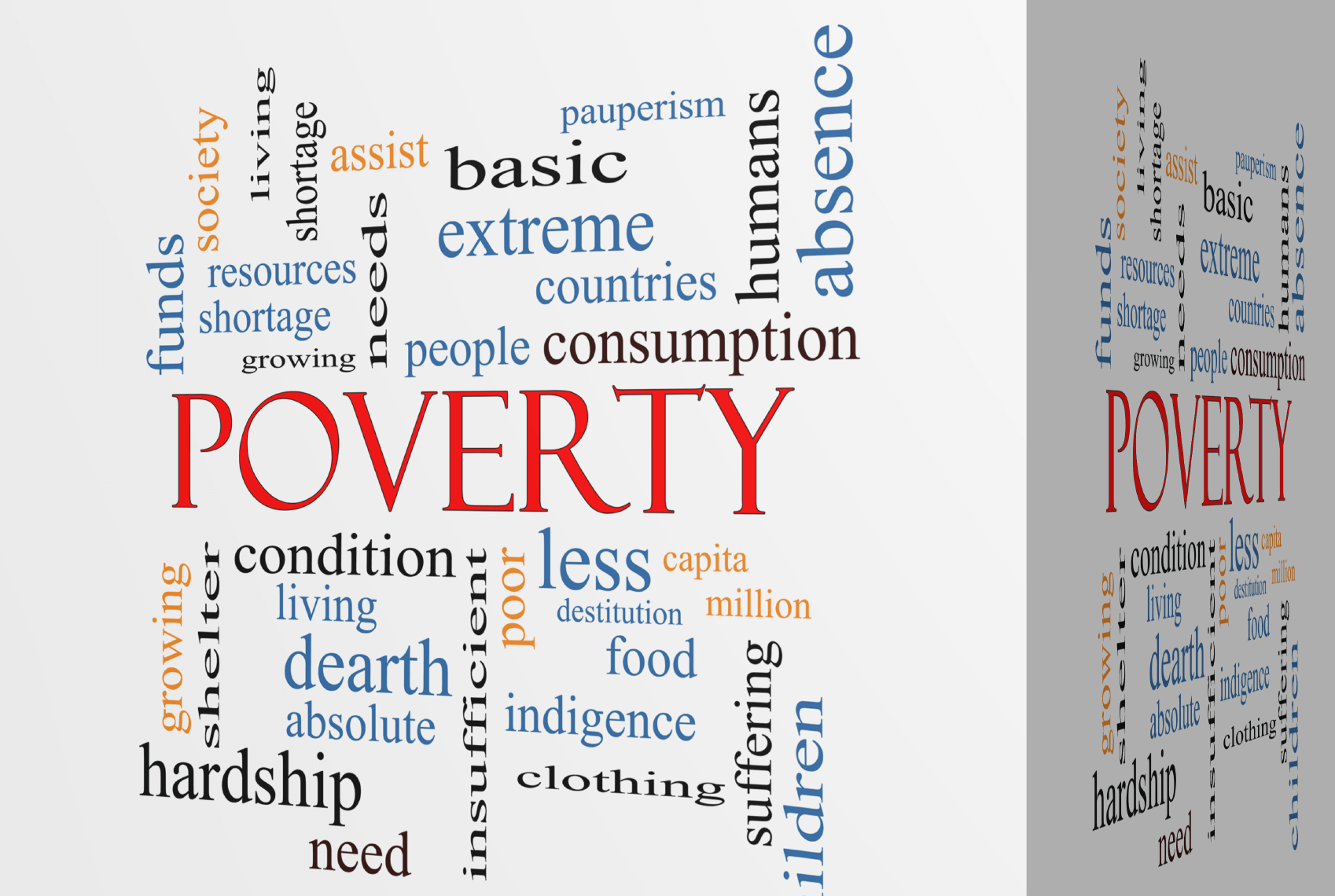
I am motivated by a pathological fear of waste. I cannot comprehend the logic of a sports car: what’s the point of transport that is limited to a speed limit, which then has to stop more often for fuel, which then makes the overall journey time longer. And don’t get me started on Bitcoin. Waste, via inefficiency is the enemy and must be defeated.
Poverty is an example of society being inefficient, and actually makes us all socially and economically poorer. Within the population we have an untapped resource that could contribute significantly more, yet many of us are stuck in the cycle of just struggling to get through the day. People in poverty can make poor decisions, and as a society, we can’t wait to punish them for it, ensuring they become even more entrenched in poverty.
The poor are not less intelligent than you, anyone who finds themselves in the “poverty cycle” will struggle to get out. A good read on this is “Scarcity” by Sendil Mullainathan. An example of how we love to punish people in poverty is Council Tax Collections:
A Council will force you to have a set day to pay your direct debit, like the 1st, 25th, 30th etc.
A chaotic family, who depends on Universal Credit, gets paid on the 2nd. The council sets their Council Tax payment date as the 25th. They are living day-to-day and they have spent the money by this time. The Council sends a letter asking for the payment. The family miss the next payment, and the council sends a letter asking for two payments (they couldn’t even afford one). The family are now pretending the problem does not exist and they don’t pay the next payment, so the Council sends a letter saying they lose the right to pay monthly and they must pay the full balance of £1300 or they will send round the bailiffs. The family panic, they borrow some money from a doorstep lender and don’t pay their rent so they can afford to pay the Council Tax.
Unfortunately for the family they are already in rent arrears and have an eviction notice. They have no choice but to go to the same local Council and declare that they are homeless. The Council have a statutory duty to home them, but have no housing available, so they are put into temporary housing and the children are moved school.
The total economic costs for rehousing and services is in excess of £20,000 paid for by the taxpayer. Unfortunately, three years later, because the underlying issues for non-payment remain unresolved the cycle repeats itself. The moving of schools affects the children’s development; the family harbours resentment and the cycle starts again.
So, in summary we are punishing the family for their mistakes. We are wasting taxpayers’ money with no value; and we are not resolving the underlying reasons for non-payment.
If we want to reduce taxpayers’ expense, improve wealth, and create a society where everyone’s well-being becomes important, we must strive to fix the underlying reasons why people find themselves in debt and poverty.
The regulators are starting to tackle this problem, particularly the FCA, and this is where the identification and support of vulnerability is critical.
The FCA’s recent Financial Lives Survey does a great job of defining vulnerability. For the purposes of the survey they have split it into vulnerability characteristics, which are:
1.Mental or Physical Health Condition (not everyone with a physical or mental health condition will consider themselves vulnerable)
2. Financial Resilience (savings of less than £500)
3. Low Financial Capability (struggle to manage a monthly budget)
4. Life Changing Event (such as divorce or bereavement)
If you also include affordability, then you have all the main ingredients which lead people to become vulnerable and you have the reasons they get into debt. 83% of people who are over-indebted and therefore vulnerable will not self-disclose their vulnerability.
Using my example, If we set up a direct debit for people identified as vulnerable on the same date they receive their benefits, and if they still go onto miss the payment, then rather than making threats and making them feel more excluded we support, identify, and resolve the underlying issues, we can then change behavior on a national scale.
Public Service and Corporates need to have social responsibility higher on their agenda.
The days of pure profit and inefficient services are over.
The digital age brings speed and choice. The regulators get it; now it’s time for the innovators to take the lead and show what is possible. We need to ensure we develop a fully-inclusive society where everybody feels they have the opportunity to add value. And punishment for being poor is consigned to the history books.